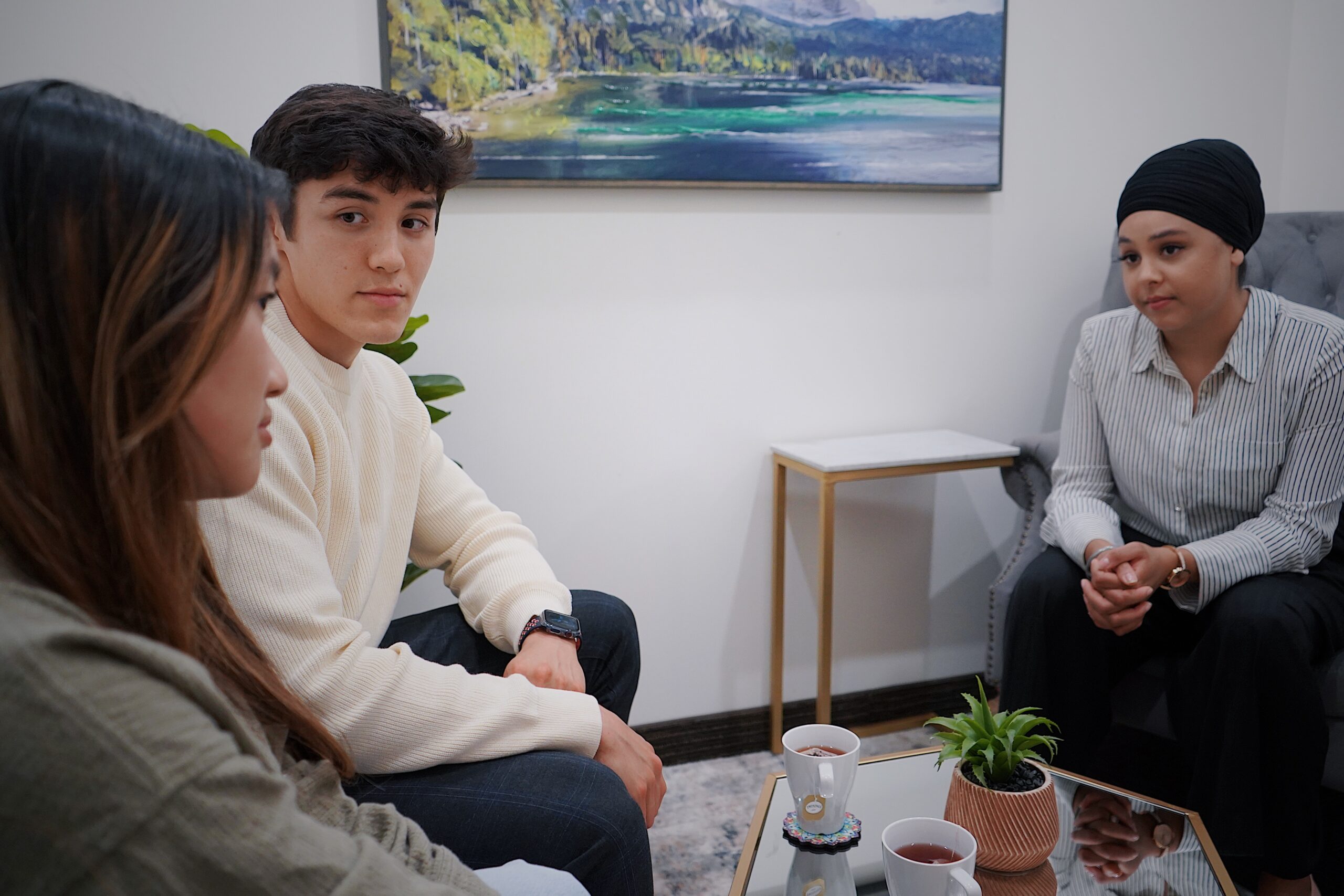Immediate Availability - Open 7 days a week - day, evening and weekend appointments
Immediate Availability - Open 7 days a week - day, evening and weekend appointments

Coming to marriage counselling is a big step and usually one that has taken a lot of courage. The last thing that you want is to feel worse after a session. And yet, this is sometimes the case. Does this mean that the counselling is not working?
Feeling worse after a therapy session, whether individual or as a couple is a normal phenomenon. There is a large misconception that therapy will be a joyful journey of self-discovery that will continuously enrich you and make you a more content person.
Therapy does support you on a journey of self-discovery and it does enrich you on the way to being content. However, it is not always joyful. Some sessions will leave you feeling relieved and lighter but other sessions could leave you feel down and heavy.
In marriage counselling you are going to be asked to dig deep and face the difficult subject matter. The conflicts, the resentments, the feelings of hurt are all things that you will need to acknowledge yourself and communicate with your partner.
This is a difficult thing to do and can often mean that your partner might feel hurt, shock, or even anger at what you have to say. This may make you feel guilty or upset that you are causing your partner distress.
You might also be feeling the emotions that you are talking about such as feeling the anger or resentment when you share your experience. This takes a lot of courage and self-awareness. Your couples counsellor will assist you in making your point in the most productive way possible. However, making this point might make you feel worse.
Similarly to you sharing your difficult points, you will need to listen to and understand your partner’s difficult points. Here you need to listen to understand instead of listen and become defensive. This can be difficult because what you are hearing may trigger an emotional response in you.
Your couples counsellor will help you respond in the most helpful manner to your partner. However, the things you hear may make you feel worse than you had before.
Both sharing and listening to difficult subject matter is important in couples counselling. It is also something that, if properly worked with, will lead to positive and beneficial outcomes in the long term. This is a normal part of the journey, and the short-term distress or discomfort is normal.
It is important to remember that both partners may be feeling sensitive or worse after a therapy session and it will be helpful to be gentle with yourselves and each other. Your counsellor would have explained to you that it is not helpful to take what is shared in the session and use as a weapon against your partner.
For example, if your partner shared that they didn’t feel appreciated because you don’t often tell them you love them and you now tell them you love them but each time you do you roll your eyes. This is using something they have shared in a weaponized way. It suggests that you have become defensive and not accepting what you have heard and genuinely are trying to make a change.
This does not mean you cannot talk about things you shared in session. You can discuss the information shared in the same mindset that you have in a therapy session – one of curiosity and kindness. This mindset will help you process the information you have heard and begin to make changes. The changes and the resulting effects will be what helps you to begin feeling better.
When a process becomes difficult it could be easy to ask if the process is really for you. This is a normal human reaction to something that makes you uncomfortable or distressed. However, this is a part of the therapeutic process.
If you find that after continued sessions you are not making progress you might want to consider whether you have the right type of counsellor. There are different types of marriage counselling approaches. Each approach is slightly different and it may be that you need to explore a few types before you find the one that helps you to progress.
Finding the right counsellor and therapeutic approach is a little like finding your favorite food. You need to try a few before you know which you like the most. Sometimes you hit it on the first try and you both click with the counsellor and approach they use.
Other times you may need to try a different therapist. You can be honest with your therapist and explain to them that you are not making the progress you need and you wonder if you need a different approach. This can lead you to finding a different therapist whose approach matches your needs.
When you embark on a journey to reconcile a relationship you are going to feel uncomfortable and distressed after some of your sessions. However, when you have the right therapist, this discomfort will diminish and eventually disappear as you build your relationship up stronger than ever.
If you are ready to find a marriage counsellor you can contact us at One Life Counselling and Coaching. We are ready to assist you.
